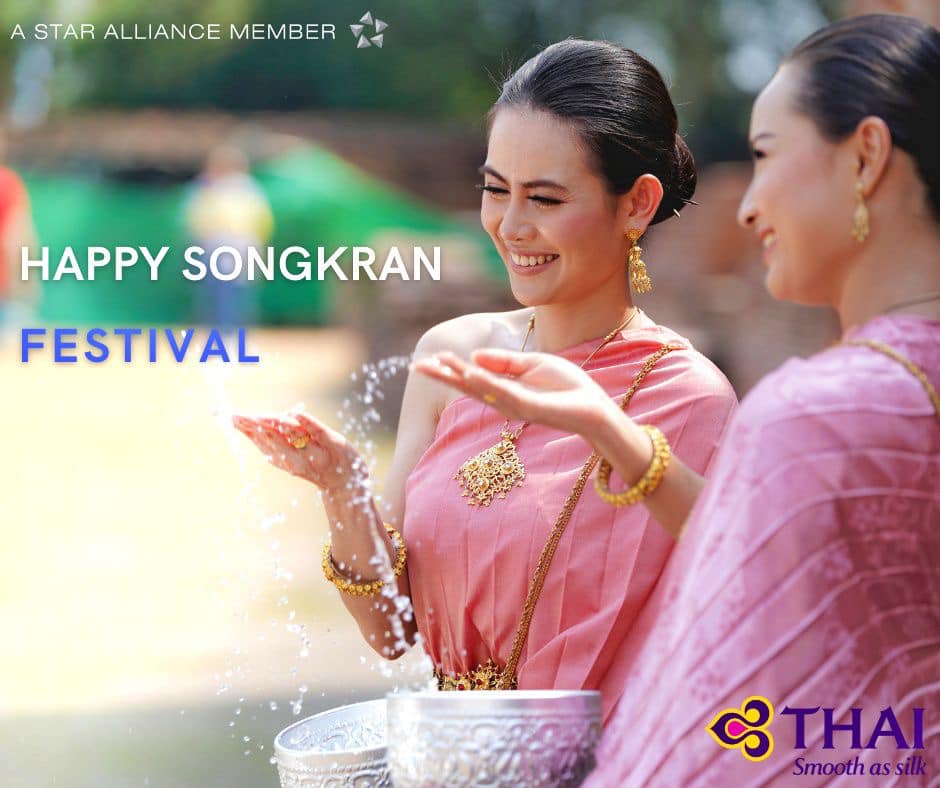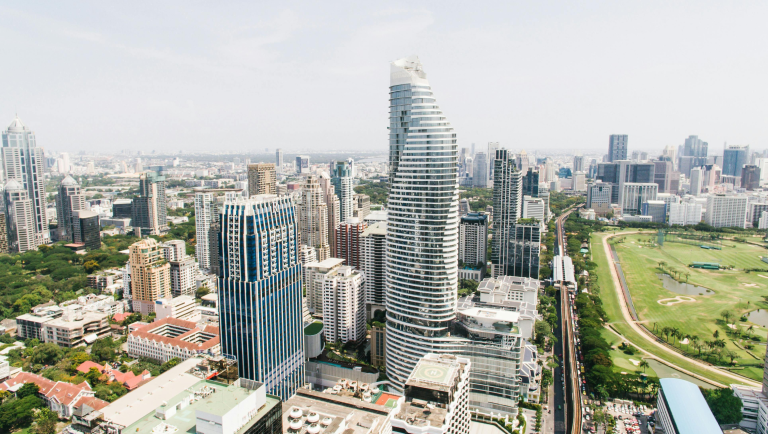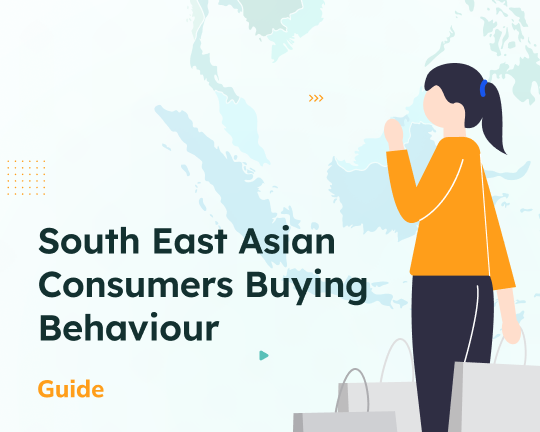Welcome back to our continued series that provides an overview of Southeast Asian markets supporting you with insights to make marketing related decisions in this vibrant region. Our series of blog posts cover topics of local consumer behaviour and marketing industry in each country. Today we turn our attention to Thailand. The Thai marketing landscape is rooted in the country’s rich history, enhanced by a sense of community and modern dynamism.
Let’s delve deeper into the characteristics of Thai marketing.
1. Cultural Integration
Marketing in Thailand deeply incorporates cultural nuances and traditions. Respect for hierarchy, family values, and social harmony permeates campaigns, influencing everything from messaging to imagery. Brands often integrate elements of Thai folklore, rituals, and festivals into their campaigns, raising a sense of nostalgia and belonging among consumers. Moreover, the concept of “sanuk” (fun) plays a central role, as campaigns strive to entertain and engage audiences while delivering a message.
Explore more about buyer behaviour in Thailand here.


Singha Beer, one of Thailand’s most iconic brands, incorporates elements of Thai heritage into its advertising. With the video Singha Beer also follows a trend on sustainability, inspiring people to celebrate Loy Kratong – Thailand’s Festival of Lights – in a sustainable way.
Source: Singha official Facebook page.
2. Personalised Relationships
Brands in Thailand are focusing on prioritising relationship-building over transactional interactions, often leveraging influencers and key opinion leaders (KOLs) to connect with niche audiences. Face-to-face communication remains highly valued, with many businesses investing in local events, sponsorships, and community initiatives. To develop meaningful connections brands, emphasise personal relationships, loyalty and trust fostering long-term brand advocacy.
Read about building stronger connections and personalisation at scale.
3. Digital Innovation
While traditional marketing channels like TV, radio, and outdoor advertising still hold the main power, Thailand’s digital landscape is rapidly evolving. With a large internet population and high smartphone penetration, digital marketing has become indispensable for brands seeking to reach tech-savvy consumers. Social media platforms like Facebook, Youtube, and LINE dominate the digital sphere, offering a fertile soil for targeted advertising and e-commerce ventures.
The most popular social media platforms and messengers in Thailand:
Did you know?
Approximately 53.55 million people had access to the internet in Thailand in 2022. This figure is projected to grow up to 61.3 million in 2028.
Source: Statista, 2024
4. Adaptive Strategies
The Thai market is known for its dynamism and adaptability. Marketers must navigate a diverse landscape characterised by regional disparities, linguistic variations, and cultural sensitivities. This necessitates a flexible approach, with campaigns often tailored to suit different demographics and regions. Seasonal trends and festivities also influence marketing strategies, with brands capitalising on key moments like Songkran (Thai New Year) and Loy Krathong (Festival of Lights) to connect with consumers on a deeper level.


Banner of Thai Airways dedicated to Thai New Year celebration – Songkran festival.
Source: Thai Airways Facebook page.
5. Regulatory Framework
Thailand’s regulatory environment poses both challenges and opportunities for marketers. Stricter regulations govern certain industries, such as alcohol and tobacco, imposing limitations on advertising and promotion. Similarly, cultural sensitivities surrounding topics like religion and monarchy demand careful consideration to avoid controversy. However, national programs like AI Thailand, aimed at an effective ecosystem for developing and applying AI, present avenues for marketers to explore new technologies and emerging platforms.
Marketing Professionals in Thailand - What to expect
The market of marketing professionals in Thailand is diverse and competitive, reflecting the country’s vibrant business ecosystem. Major cities like Bangkok, Chiang Mai, and Phuket serve as hubs for marketing talent, attracting both local professionals and expatriates seeking opportunities in a dynamic environment.
Digital expertise tops the list of the most demanded skills for marketers in Thailand, in particular, proficiency in social media marketing, search engine optimization (SEO), and data analytics becoming essential. Additionally, fluency in both Thai and English languages is often considered a prerequisite, enabling marketers to communicate effectively with diverse audiences and collaborate with international partners.
Find out what marketing skills are in a high demand for marketers in Southeast Asia.
Conclusion
Marketing in Thailand reflects a delicate balance between tradition and innovation, culture and commerce. In the realm of marketing in Thailand, storytelling gets fueled by data analytics, relationships preparing a ground for future transactions, and adaptability is key to success. Marketing professionals are expected to grow digital expertise following the global trends and spread of innovations but at the same time they need to have a deep understanding of local traditions and culture.
What's next for you?
Are you expanding your business in Southeast Asia and seeking to launch lead generation campaigns or digitising your company? Look no further for professional marketing partners. Introducing “Lead Gen and CRM” by Constant Contact, a robust CRM and Marketing Automation tool providing comprehensive technical and marketing support tailored for Southeast Asia. With our dedicated team of professionals stationed in Singapore and Malaysia, we guarantee the seamless digitalisation of your contact database and the effective execution of lead generation campaigns. Reach out to us today to discover how you can elevate your marketing achievements through CRM and Marketing automation.





